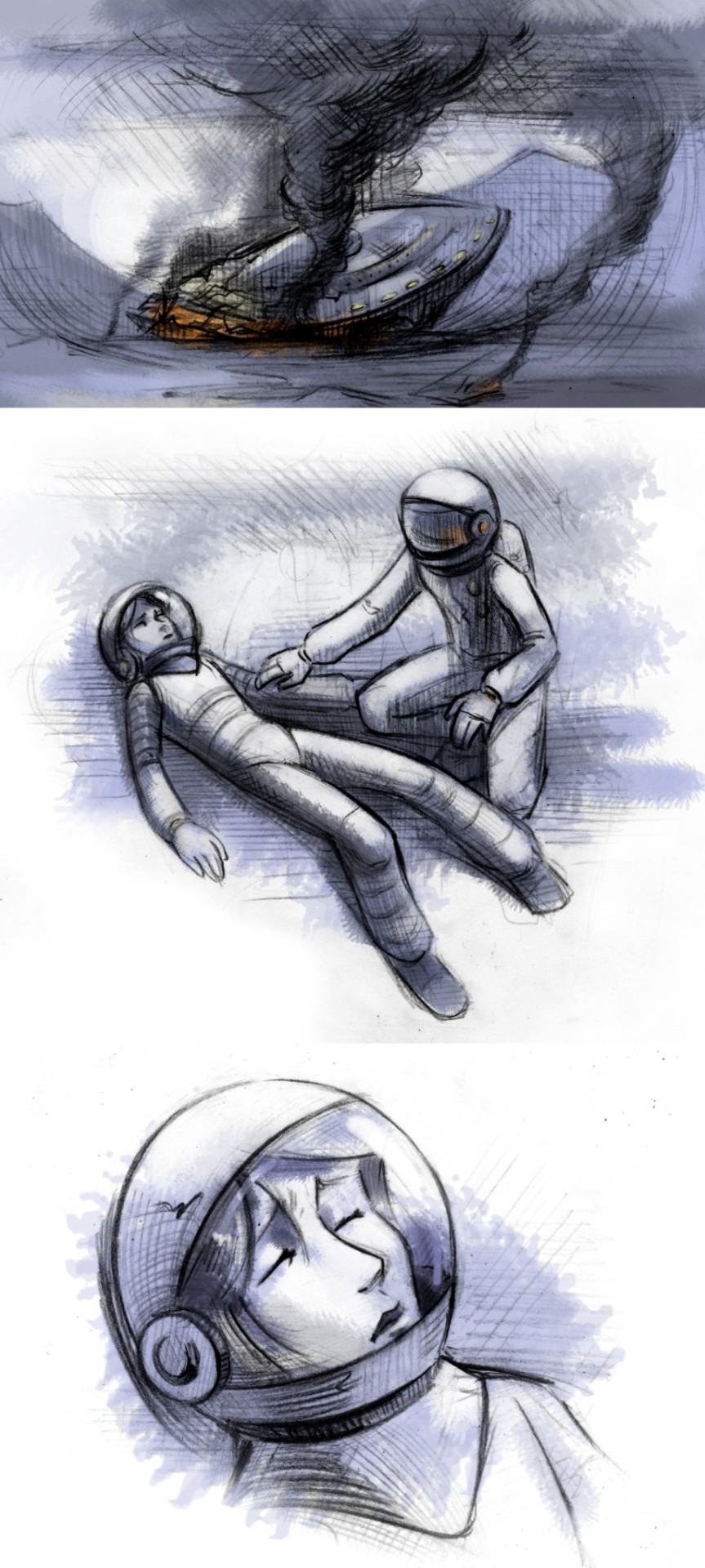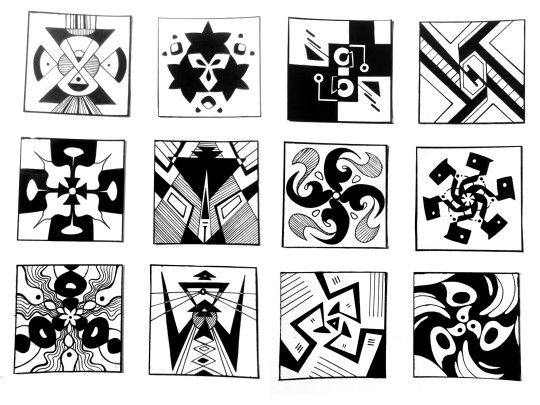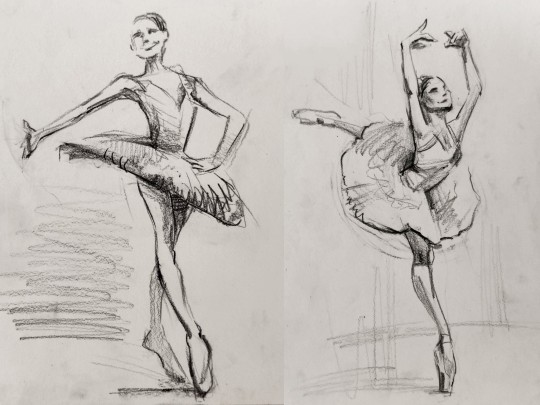Text
*This poll was submitted to us and we simply posted it so people could vote and discuss their opinions on the matter. If you’d like for us to ask the internet a question for you, feel free to drop the poll of your choice in our inbox and we’ll post them anonymously (for more info, please check our pinned post).
162 notes
·
View notes
Text
Congratulations to Joost Klein on winning the Eurovision Song Contest 2024 🇳🇱

1K notes
·
View notes
Text
Joost: “Europe! Let’s come together!”
The EBU: “Get that man off the stage”
2K notes
·
View notes
Text
removing the artist performing the most pro-europe song in a contest called eurovision will be a lesson on how not to fuck up a show
3K notes
·
View notes
Text
in lieu of joost being disqualified for no reason im posting his semi final performance so u don’t have to give the ebu any views
4K notes
·
View notes
Text
i am a dark red liver stretched out on the rocks, all the poison, i convert it and i turn it to love, here comes the feminine urge, i know it so well, to nurture the wounds my mother held

177 notes
·
View notes
Text
Okay let me try this one again. The Trolley Problem sets up a scenario that sucks to be in. You either kill one guy, or you kill five guys. Nobody likes these options. We all don't want this be happening. That's kind of the point. It's a moral quandary. It's supposed to feel bad.
Now, according to a recent post floating around on tumblr, choosing either of the two options demonstrates "learned helplessness" and makes you a neolib sheep. The only correct answer, the post states, is to reject the question altogether. (Or to change the parameters of the question to include an option that saves everyone, thus eliminating the moral quandary.)
It sounds nice, doesn't it? Fuck this bad situation, we control our imaginations, so let's imagine a situation that doesn't suck. Hah! Bet you didn't think of that!
Here's the problem. Even though I think most situations generally have at least one solution that is both Feasible and Not Terrible, I have to admit that there are some situations (as in, not zero of them) where all the feasible options are unpleasant. This is a natural consequence of living in a world where A Lot Of Things Suck.
But if shitty situations do exist, even if it's super super rare, then it's not unreasonable to ask, "How should we make decisions when we find ourselves in a shitty situation?"
This is the beginning premise of the Trolley Problem. It says, "Hey what if you were in an unambiguously shitty situation? There are many shitty situations, so let's imagine one that is contrived enough to get everyone on the same page regardless of political affiliation, AND really emphasizes the key parts that I want to discuss."
Tumblr says "let me stop you right there. What if instead...we imagined a different scenario that wasn't as shitty?"
Well, okay, but then we're not talking about the same thing anymore. That doesn't actually count as an answer to the problem, you're just changing the subject to a completely different thing.
Tumblr goes on to say, "Exactly. That's the only thing you should ever do when confronted with an ethical quandary. Frankly the fact that you are willing to even consider a scenario that sucks suggests that you are fundamentally incapable of considering less shitty scenarios."
I just want to say I think that's bullshit. I don't think every problem is a trolley problem, but I do think that some problems are a trolley problem. And I think that those problems are worth discussing, even though they don't feel good. The trolley problem exists as a framework to discuss those problems.
Maybe our aversion to difficult decisions has an impact on our ethical reasoning, and maybe we should actually question how our ethical standards hold up under the weight of that aversion. So maybe moral quandaries like the trolley problem are worth discussing. And if you don't want to engage with the quandary, then don't - you don't have to concoct a whole essay about how the quandary is inherently morally bad.
It's possible that what you really want to say is that it sucks when people treat certain situations as trolley problems, when those specific situations actually do contain unambiguously feasible and unambiguously perfect solutions. I would agree with that.
But like. Let's not pretend that you can reduce all of ethics down to unchallenging black and white moralism.
4K notes
·
View notes
Text
i'm going through 5 stages of grief with every sentence i read
tfw when you post your work on a critique website to be critiqued and you say you're open to harsh critique, and then you get harsh critiqued. miscalculated, but where???
4 notes
·
View notes
Text
i got one semi-nice critique and the sun is shining again. im reading it rn and im getting to the roastable part so fingers crossed
tfw when you post your work on a critique website to be critiqued and you say you're open to harsh critique, and then you get harsh critiqued. miscalculated, but where???
4 notes
·
View notes
Text
i thought about putting up the first chapter of my novel for critique as well, but a) i don't wanna fuck with first publishing rights b) i might not bear having that done to my baby.
like, my writing got roasted to kingdom come.
tfw when you post your work on a critique website to be critiqued and you say you're open to harsh critique, and then you get harsh critiqued. miscalculated, but where???
4 notes
·
View notes
Text
i asked for this i asked for this i asked for this and i will say thank you
tfw when you post your work on a critique website to be critiqued and you say you're open to harsh critique, and then you get harsh critiqued. miscalculated, but where???
4 notes
·
View notes
Text
tfw when you post your work on a critique website to be critiqued and you say you're open to harsh critique, and then you get harsh critiqued. miscalculated, but where???
4 notes
·
View notes
Text
Exams are finally over and I can draw anything I want as much as I want yasss! Now I can be more active on Tumblr and catch up to all these asks.
Below is kinda off-topic. I just thought I might as well share some art from uni... yes, I can draw non-oddworld stuff too x)
Decorative painting~

One of the tasks was illustrating a book. I basically got to draw some fan art for my beloved Kir Bulychev x)



This one was pain... I just hate gouache. But it was nice to incorporate some of my characters in these tasks.
"Propaedeutics".. that's a funny word. These were fun.


And.. whatever this thing is..

Aand some more random things and we reached the image limit.



39 notes
·
View notes
Text
Things I look for in history books:
🟩 Green flags - probably solid 🟩
Has the book been published recently? Old books can still be useful, but it's good to have more current scholarship when you can.
The author is either a historian (usually a professor somewhere), or in a closely related field. Or if not, they clearly state that they are not a historian, and encourage you to check out more scholarly sources as well.
The author cites their sources often. Not just in the bibliography, I mean footnotes/endnotes at least a few times per page, so you can tell where specific ideas came from. (Introductions and conclusions don't need so many citations.)
They include both ancient and recent sources.
They talk about archaeology, coins and other physical items, not just book sources.
They talk about the gaps in our knowledge, and where historians disagree.
They talk about how historians' views have evolved over time. Including biases like sexism, Eurocentrism, biased source materials, and how each generation's current events influenced their views of history.
The author clearly distinguishes between what's in the historical record, versus what the author thinks or speculates. You should be able to tell what's evidence, and what's just their opinion.
(I personally like authors who are opinionated, and self-aware enough to acknowledge when they're being biased, more than those who try to be perfectly objective. The book is usually more fun that way. But that's just my personal taste.)
Extra special green flag if the author talks about scholars who disagree with their perspective and shows the reader where they can read those other viewpoints.
There's a "further reading" section where they recommend books and articles to learn more.
🟨 Yellow flags - be cautious, and check the book against more reliable ones 🟨
No citations or references, or references only listed at the end of a chapter or book.
The author is not a historian, classicist or in a related field, and does not make this clear in the text.
When you look up the book, you don't find any other historians recommending or citing it, and it's not because the book is very new.
Ancient sources like Suetonius are taken at face value, without considering those sources' bias or historical context.
You spot errors the author or editor really should've caught.
🟥 Red flags - beware of propaganda or bullshit 🟥
The author has a politically charged career (e.g. controversial radio host, politician or activist) and historical figures in the book seem to fit the same political paradigm the author uses for current events.
Most historians think the book is crap.
Historical figures portrayed as entirely heroic or villainous.
Historical peoples are portrayed as generally stupid, dirty, or uncaring.
The author romanticizes history or argues there has been a "cultural decline" since then. Author may seem weirdly angry or bitter about modern culture considering that this is supposed to be a history book.
The author treats "moral decline" or "degeneracy" as actual cultural forces that shape history. These and the previous point are often reactionary dogwhistles.
The author attributes complex problems to a single bad group of people. This, too, is often a cover for conspiracy theories, xenophobia, antisemitism, or other reactionary thinking. It can happen with both left-wing and right-wing authors. Real history is the product of many interacting forces, even random chance.
The author attempts to justify awful things like genocide, imperialism, slavery, or rape. Explaining why they happened is fine, but trying to present them as good or "not that bad" is a problem.
Stereotypes for an entire nation or culture's personality and values. While some generalizations may be unavoidable when you have limited space to explain something, groups of people should not be treated as monoliths.
The author seems to project modern politics onto much earlier eras. Sometimes, mentioning a few similarities can help illustrate a point, but the author should also point out the limits of those parallels. Assigning historical figures to modern political ideologies is usually misleading, and at worst, it can be outright propaganda.
Extraordinary claims require extraordinary evidence. "Big theory" books like Guns, Germs and Steel often resort to cherry-picking and making errors because it's incredibly hard for one author to understand all the relevant evidence. Others, like 1421, may attempt to overturn the historical consensus but end up misusing some very sparse or ambiguous data. Look up historians' reviews to see if there's anything in books like this, or if they've been discredited.
There are severe factual errors like Roman emperors being placed out of order, Cleopatra building the pyramids, or an army winning a battle it actually lost.
When in doubt, my favorite trick is to try to read two books on the same subject, by two authors with different views. By comparing where they agree and disagree, you can more easily overcome their biases, and get a fuller picture.
(Disclaimer - I'm not a historian or literary analyst; these are just my personal rules of thumb. But I figured they might be handy for others trying to evaluate books. Feel free to add points you think I missed or got wrong.)
4K notes
·
View notes
Text
*This poll was submitted to us and we simply posted it so people could vote and discuss their opinions on the matter. If you’d like for us to ask the internet a question for you, feel free to drop the poll of your choice in our inbox and we’ll post them anonymously (for more info, please check our pinned post).
93 notes
·
View notes
Text
44K notes
·
View notes
